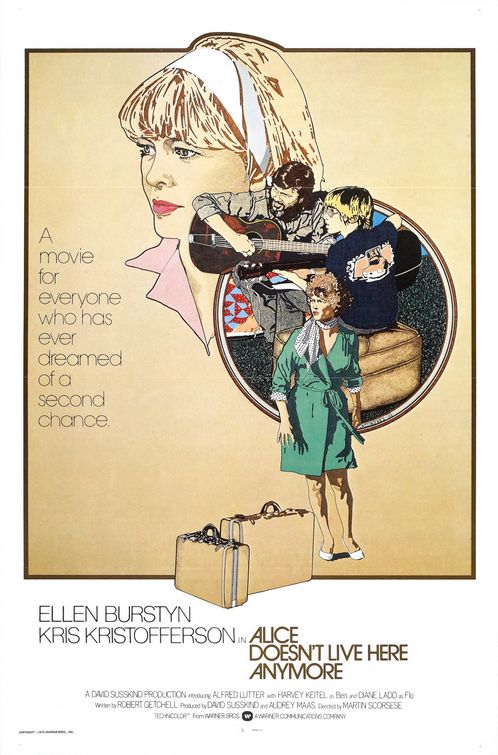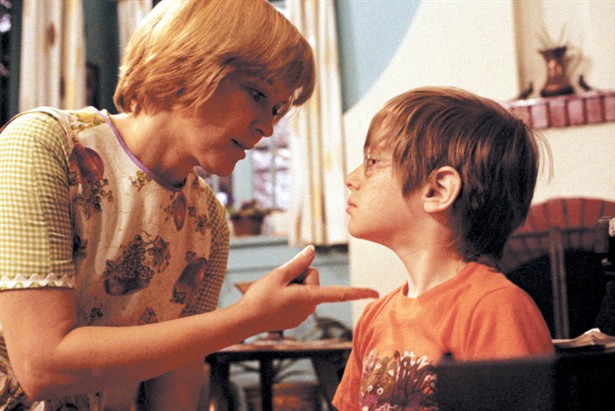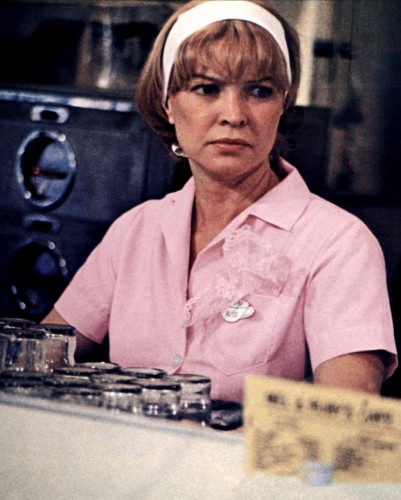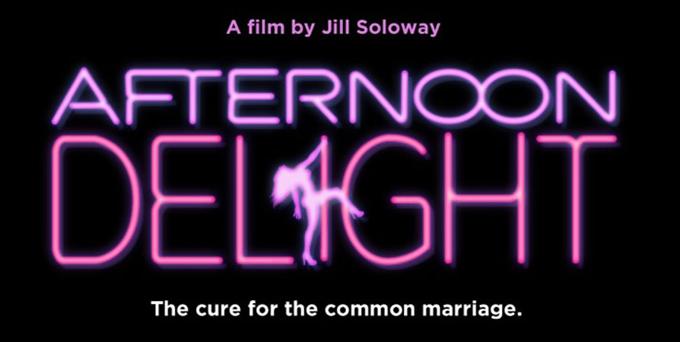
This is a guest post by Heather Brown.
I’ve long been a little troubled by the women characters in Martin Scorsese’s films. I say this as compliment overall, because though the female protagonists are few, they’re far from shallow and weak. From Lorraine Bracco’s Karen in Goodfellas to Vera Farmiga’s Madolyn in The Departed, Scorsese has shown that he can depict women who are multi-faceted and complex. It’s just that their stories are always told in relation to the men their lives. Theirs is always a kind of power struggle with their husbands or boyfriends, and in the end, that power is rarely on par with men’s. I had heard that Scorsese’s 1974 Alice Doesn’t Live Here Anymore was different, but since it’s one that so rarely talked about, it took awhile for me to finally check it out. And I’m so glad I did.
Ellen Burstyn’s Alice is a 30-something mother in Socorro, New Mexico, where she lives with her husband Donald (Billy Green Bush) and son Tommy (Alfred Lutter). Donald is an overbearing bastard of a man who does little more than bark at Alice and Tommy, who each take care to stay out of his way. Nothing Alice does is ever good enough for Donald. Thelma and Louise fans won’t be able to help but compare him to Darryl, the lout of a spouse who bullies Thelma. Unfortunately, there’s no Louise in this film to whisk Alice away in a 1966 Ford Thunderbird Convertible. Alice’s release from Donald is spurred by a freak car accident that kills him and leaves her and Tommy to fend for themselves. Just like the viewer up to this point, Alice has wished for Donald to disappear, but her guilt is raw, and Tommy senses her ambivalence. Rather than remain in a town she hates in a house she can no longer afford, Alice packs up the station wagon and heads to Monterey, California to reclaim her first love: singing. What ensues is an unlikely road movie with a mother and son at the center, and men on the periphery.

Alice’s first stop is Phoenix, which is about as far as her money will take her. When she and Tommy settle in to a motel, Alice must go shopping for clothes that will make her look younger, as she tells her Tommy. It was at that moment in watching the film that I saw the story come into focus: what happens when a parent doesn’t hide the difficulty of making ends meet from her kid, but instead matter-of-factly involves him in the day-to-day slog of getting by, promising that good things are to come despite the current circumstances? Rather than keep Tommy in the dark about how broke she is and how no one will hire her for a living wage, Alice unsentimentally–yet lovingly–informs Tommy of her plans as she makes them.
Well, almost. Given that Tommy is still young (10 or 11), Alice does prefer to keep intimate details to herself, particularly when it comes to the first man she meets since her husband’s death, Ben (played by Harvey Keitel), who’s a regular customer at the bar where she lands a singing gig in Phoenix. Tommy is no fool, though, and when he asks one too many personal questions Alice tells him she’s not going to talk to him about her sex life. Sure, she doesn’t take this moment to have the birds and bees discussion, but when was the last time you heard a parent acknowledge the existence of a sex life to their kid? Its instances like that that make this film a fascinating study of a parent-child relationship in the context of shifting gender dynamics in a changing society.

A glance at the movie poster for Alice tells you that she’s going to eventually make her way into the arms of a rugged and mostly affable Kris Kristofferson, but she must deal with Ben first. While Alice initially rebuffs his advances, he eventually wears her down and wins her over. Yay, we think! Someone who will treat Alice with the tenderness she deserves. It doesn’t take long for Ben to reveal himself as a philanderer and psychopath, and this realization prompts Alice and Tommy to once again pack up the wagon for the next town, Tucson. Alice decides to make a pragmatic move and start working a job that’s close to their motel and will ensure free food: waiting tables. At this point in the plot the story expands to include the women at the restaurant—the brassy Flo (Dianne Ladd) and timid Vera (Valerie Curtain)—and Tommy’s new friend Audrey, played by a very young and very boyish Jodie Foster (creepy alert: two years later she and Harvey Keitel would be joined as the prostitute/pimp dyad in Scorsese’s Taxi Driver, which makes you feel gross when you watch them in Alice). Alice also meets David (Kris Kristofferson), and like her, we’re not altogether sure that his fixation with Tommy is genuine or just a sneaky way to pick up his mom. We see Alice try to work through the challenges of managing her expectations of love and work, and there’s real narrative power in how she fully inhabits all her choices, be they selfish, selfless, stupid, or sane. Though billed as a romance, the real love story has two couples at its core: Alice and Tommy, and Alice and herself.

Heather Brown lives in Chicago, Ill., and works as a freelance instructional designer and online writing instructor. She lives for feminism, movies, live music, road trips, and cheese.











